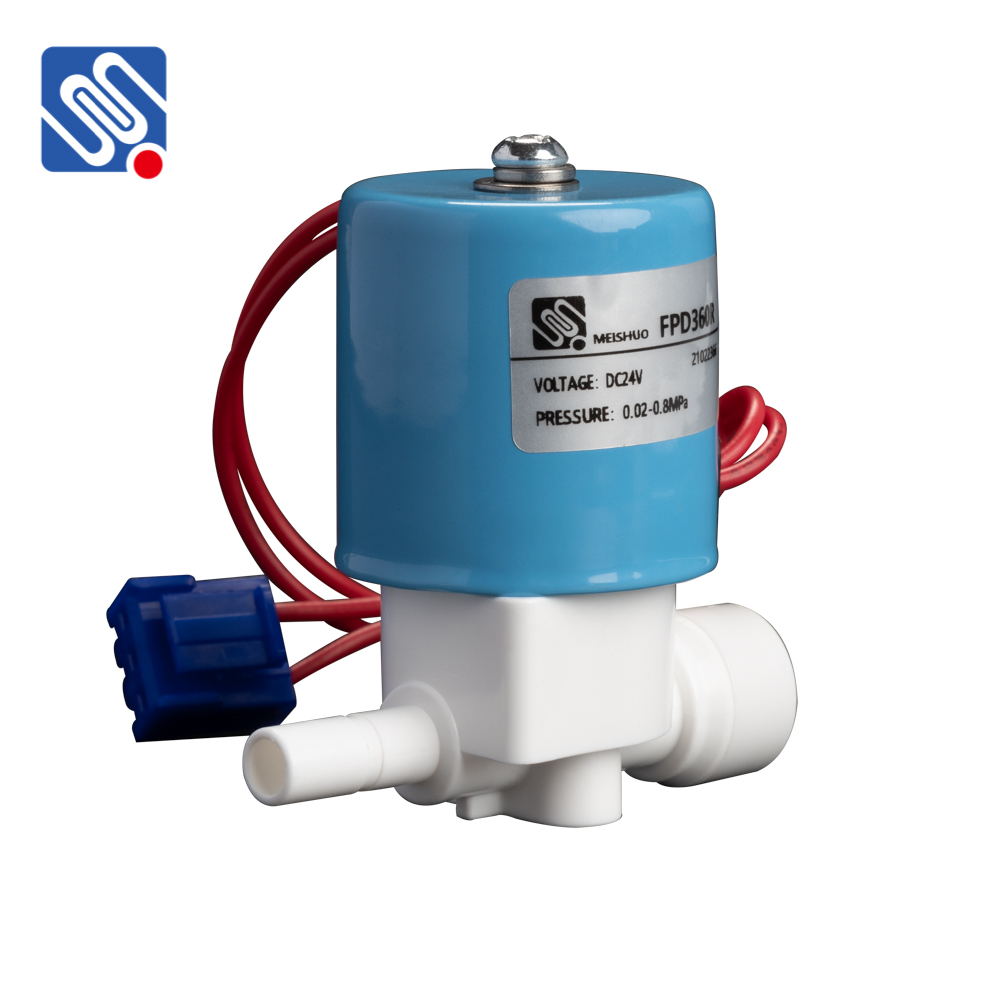In modern irrigation systems, the role of Watering System Solenoid Valves is vital in ensuring that water is delivered to plants efficiently and precisely. These valves are integral components of automatic watering systems, controlling the flow of water to gardens, lawns, and agricultural fields. The versatility and automation offered by solenoid valves have revolutionized irrigation, making it more water-efficient and less labor-intensive. This article delves into the significance, functionality, and advantages of Watering System Solenoid Valves in contemporary irrigation.

What is a Watering System Solenoid Valve? A Watering System Solenoid Valve is an electrically operated valve used to control the flow of water in irrigation systems. These valves are typically found in automatic irrigation systems, which can be programmed to water gardens or crops on a set schedule. The solenoid valve acts as a gatekeeper, allowing water to flow when activated and halting the flow when deactivated. The valve is operated by a solenoid, a coil of wire that generates a magnetic field when electricity is passed through it. This magnetic force moves a plunger inside the valve, which either opens or closes the water flow path.